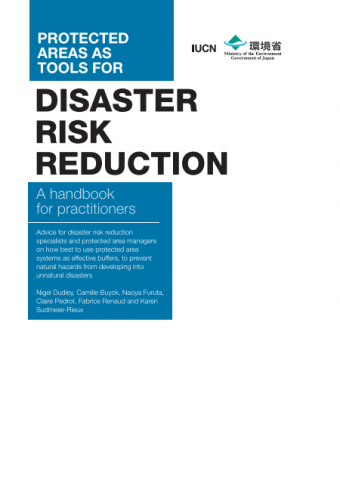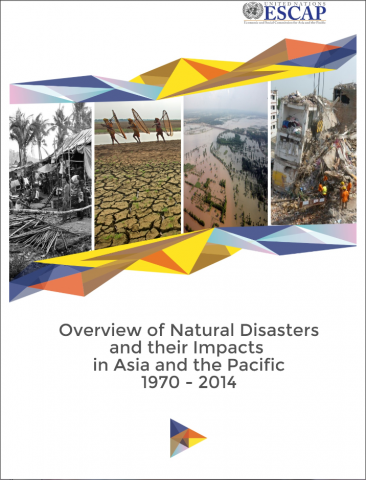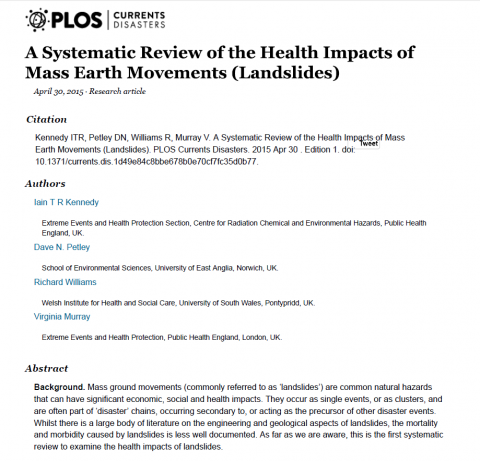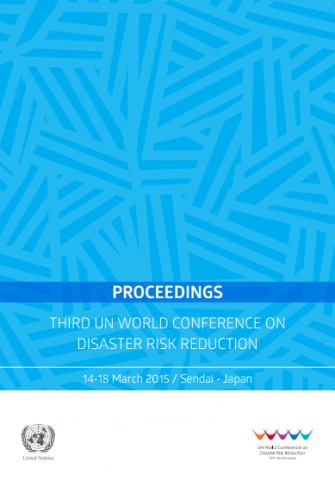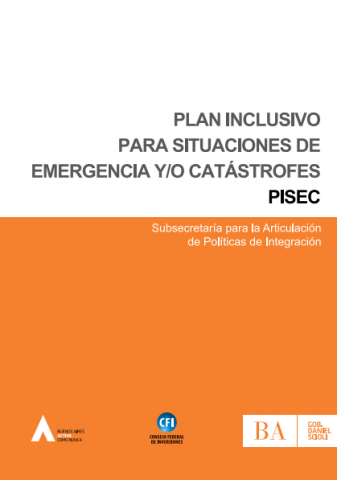The impact of landslides on household income in tropical regions: a case study from the Rwenzori Mountains in Uganda
Landslides affect millions of people worldwide, but theoretical and empirical studies on the impact of landslides on economic development remain scarce, especially in Sub-Saharan Africa. This study estimates the direct impact of landslides on household income and investigates the presence of specific risk sharing and mitigation strategies towards landslides in the Rwenzori mountains in Western […]

